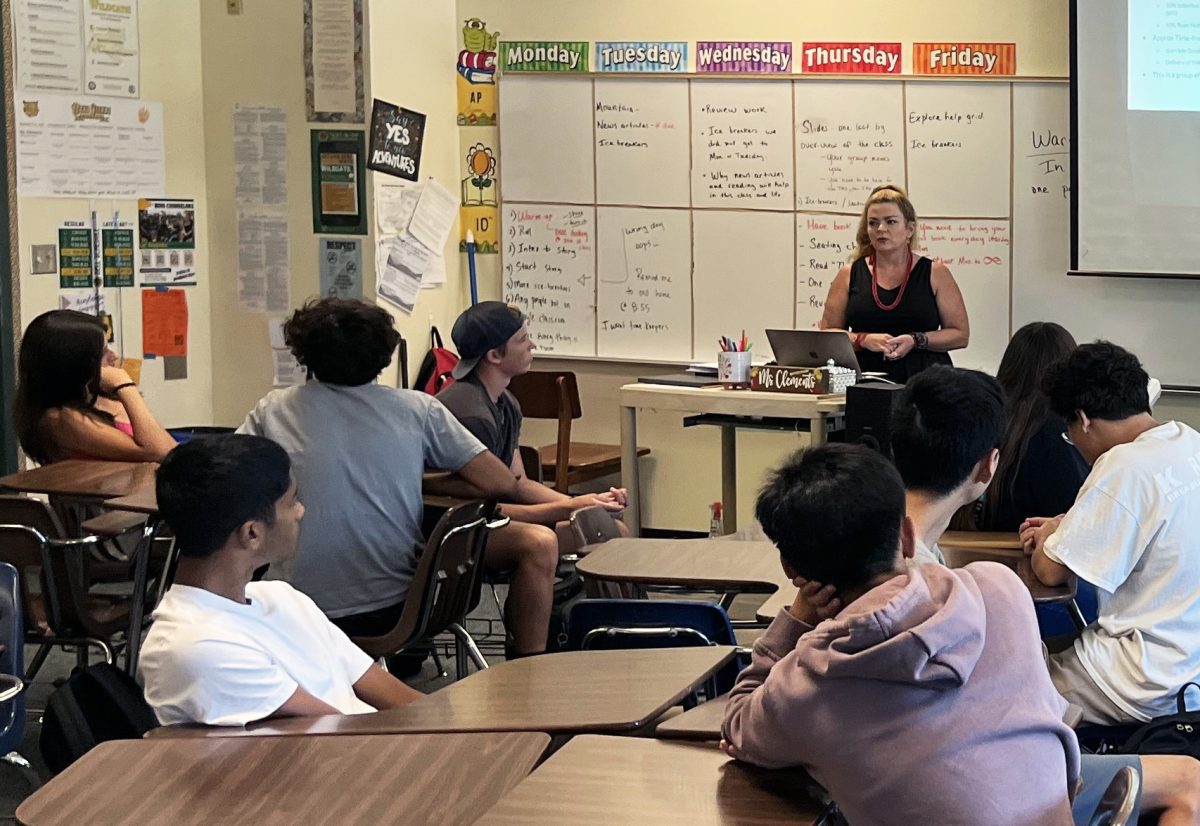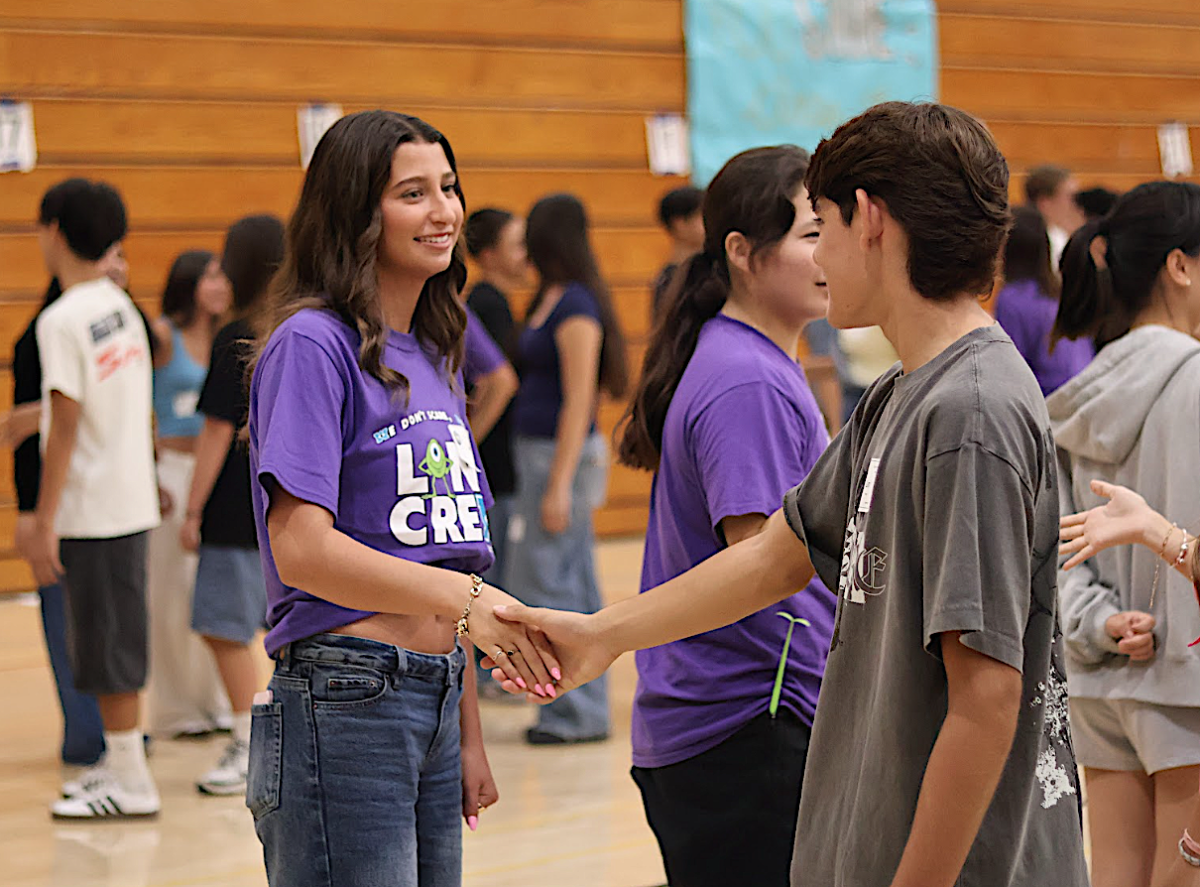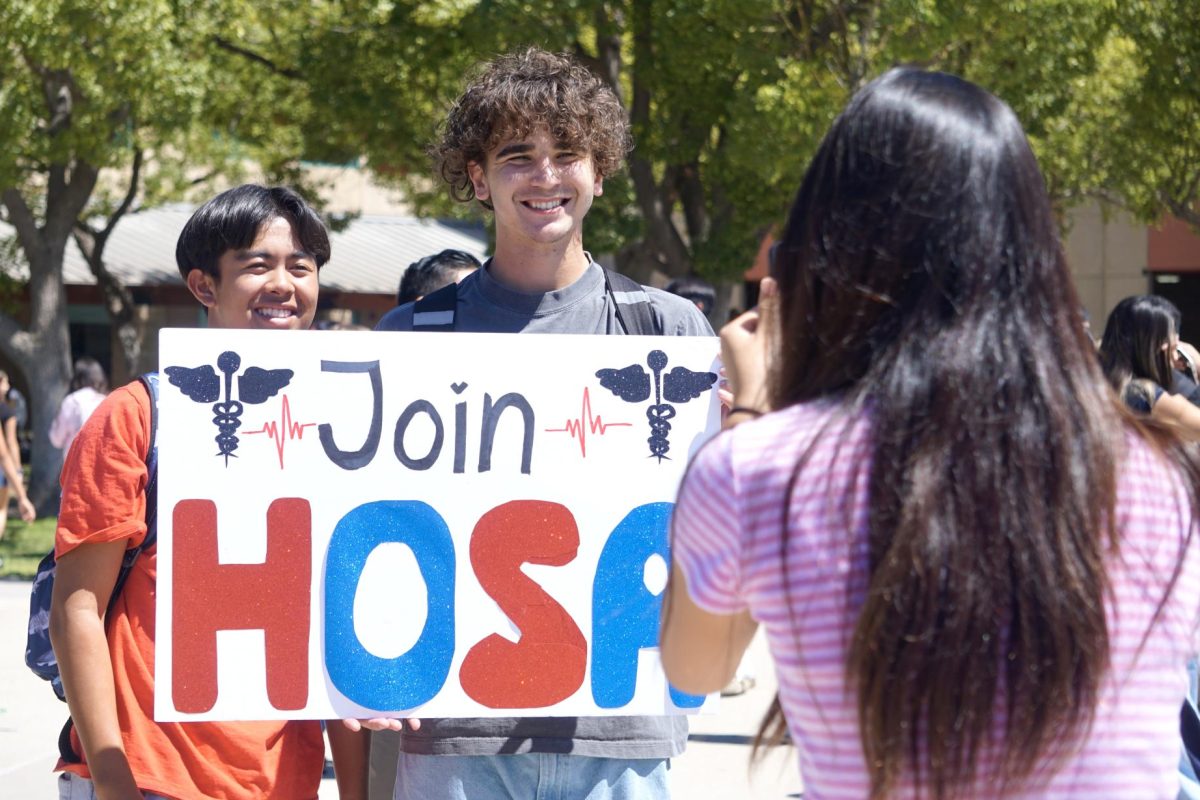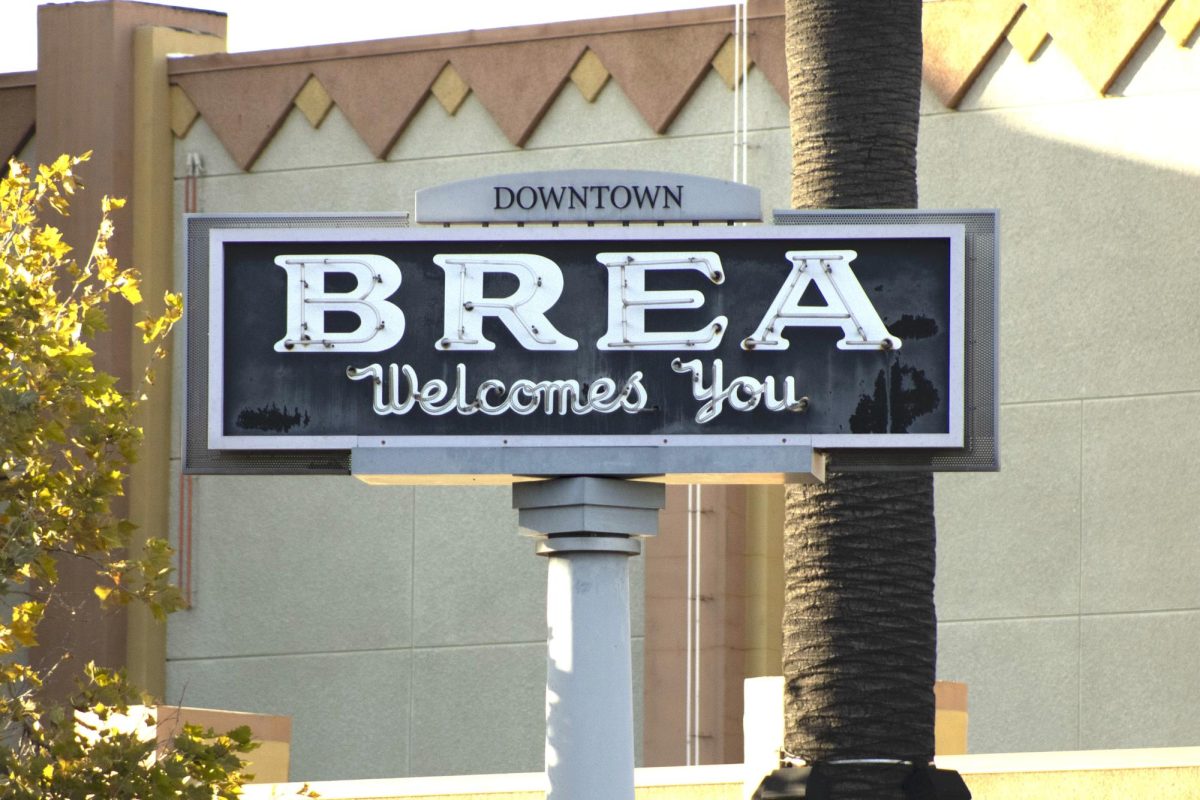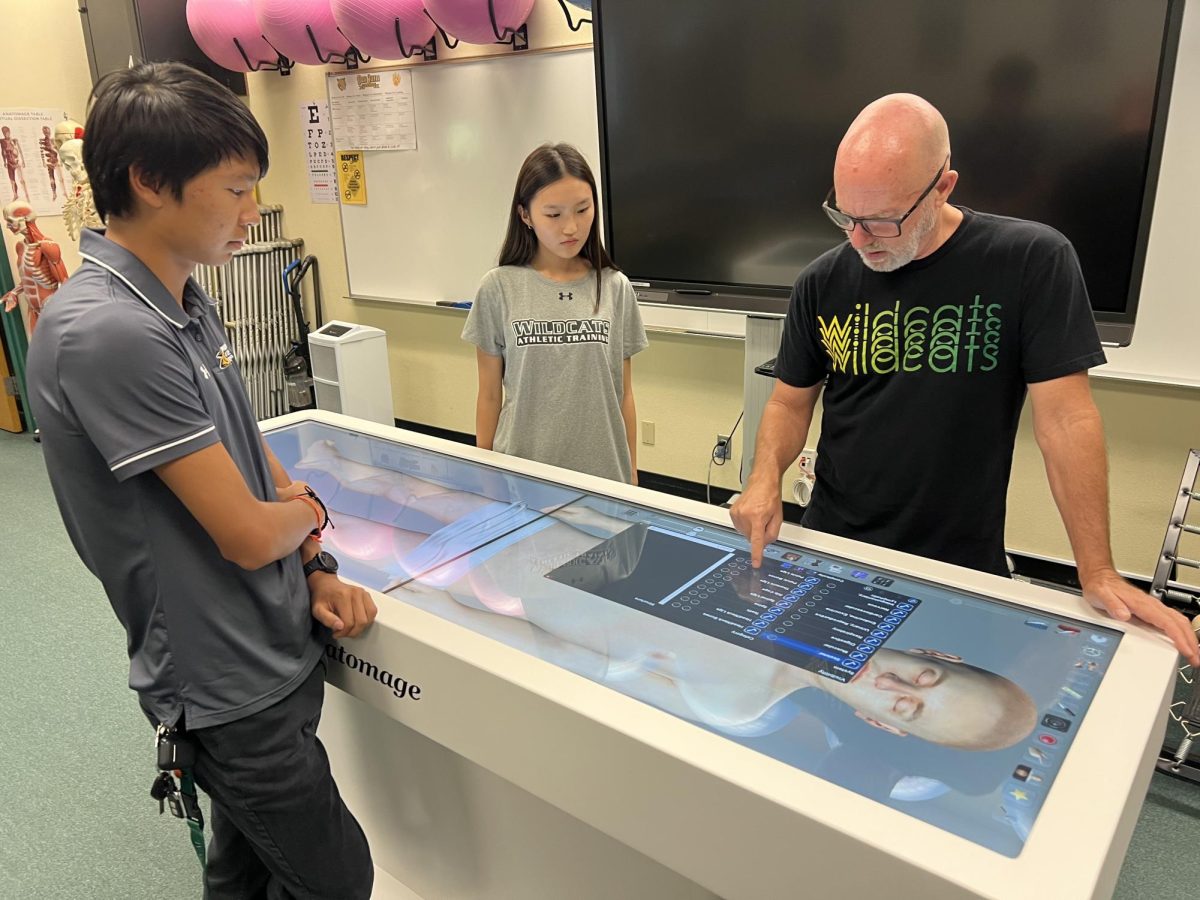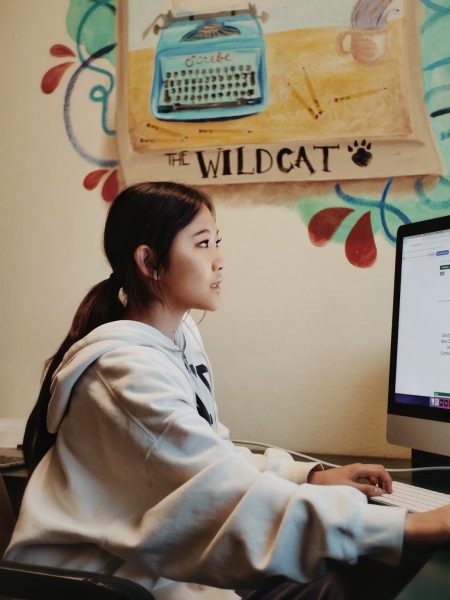Last school year, 28 students, just enough to populate a single class period, were enrolled in the inaugural AP Seminar course. However, this year, there are enough students — 125 — to fill five classes, nearly a five-fold increase in enrollment.
The AP Capstone Program, a pathway of two courses — AP Seminar and AP Research — provides students an opportunity to explore college-level coursework by researching real-world issues through various perspectives and proposing solutions for them. Last year, for example, Kayla Takahashi, Annika Castro, and Breanna Ramos, juniors, studied the stigmatization of private schools; the impacts of genetic modification; and species adaptation in climate change, respectively.
So what explains the influx of this year’s sophomores joining this research-based course?
One answer: High school students are constantly seeking ways to distinguish themselves due to the highly competitive college admissions process. The acceptance rate for incoming freshmen at UCLA in 2023, for instance, was only 8.6%. Thus, increasingly competitive admissions necessitate opportunities for applicants to stand out. For some BOHS students, that opportunity is in AP Seminar.
Introduced by College Board in 2014, AP Seminar is one of the newest, and least-offered, AP options: only 10.7% of American high schools offer AP Seminar. The course’s rarity — by comparison, AP Language is offered in 66.9% of schools — gives students a chance to stand out in college applications. Having to choose between AP Seminar and Literature and Composition II to fulfill her English requirement, Kayla Chua, sophomore, feels that taking the extra AP class will help her “stand out in college applications” more so than the traditional Honors Literature class.
Sarah Wang, junior, chose AP Seminar to learn the “important skills of public speaking and essay writing.” Wang added, “These skills are helpful to master [for] the real-world, compared to more specific subjects like AP Art History.” (AP Art History is one of four AP courses offered to sophomores: AP European History, AP Art History, AP Computer Science Principles, and AP Seminar.)
Another reason cited by students for the course’s enrollment surge is the prestige of earning an AP Seminar and Research Certificate and an AP Capstone Diploma. Students can obtain the certificate by taking both courses and scoring a three or higher on both AP exams. The diploma, awarded to the highest achievers, requires students to pass both Capstone exams as well as four additional AP exams (of their choice) throughout high school.
Sofia Rodriguez, sophomore and AP Seminar student, signed up for the class knowing that these awards, plus “the skills of public speaking and research,” would benefit her “beyond high school.”
Another reason given by BOHS students for joining the course is the alternative to the traditional, literature-based Honors Literature and Composition 2.
While Honors Literature and Composition 2 requires students to read at least five “major works” (a summer reading novel, Macbeth, Things Fall Apart, All Quiet on the Western Front, and The Joy Luck Club), in AP Seminar, there are no novels. Instead, students research a topic of their choice, research that does not require reading the English department’s traditional “core works.”
Bri Casiple, junior, and former AP Seminar student, said, “I joined the class since I don’t really like to read, [and] I like the freedom to choose our own topic [to research], making it much easier to stay engaged.”
Atypical of regular high school English classes, AP Seminar students are evaluated based on two large performance tasks during the academic year. Through team and individual research assignments, students create reports, presentations, and synthesis papers. Following the final assignment submission to CollegeBoard, students take a two-hour end-of-course AP Exam where they identify main ideas of given sources and answer essay prompts.
Further fueling growth of the program: the results of the exam. Last year’s AP Seminar students at BOHS attained a 92.9% pass rate, higher than the global pass rate of 85.1%.
Verronica Clements, AP Seminar teacher, felt “elated” by the success of her class and was “so, so proud of everyone.”
“There was a lot of research into whether this program would be useful to our students,” Dr. Joshua Porter, principal, said. Porter hopes that “this research-based program, which infuses a project-based learning aspect, will educate in a way that is very professional and prepares [students] for college.”


